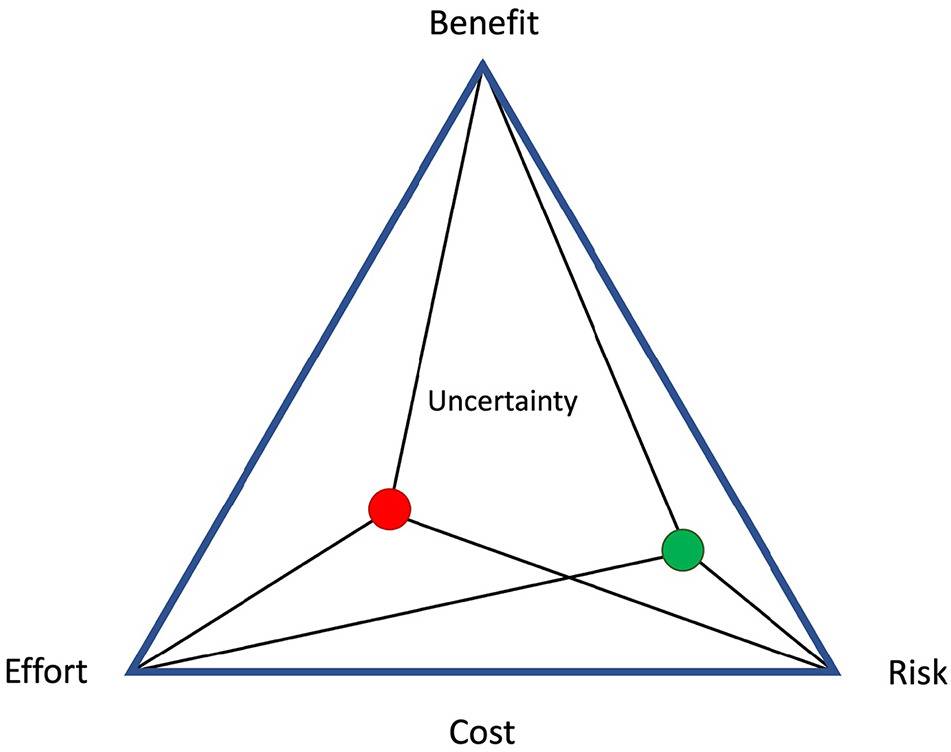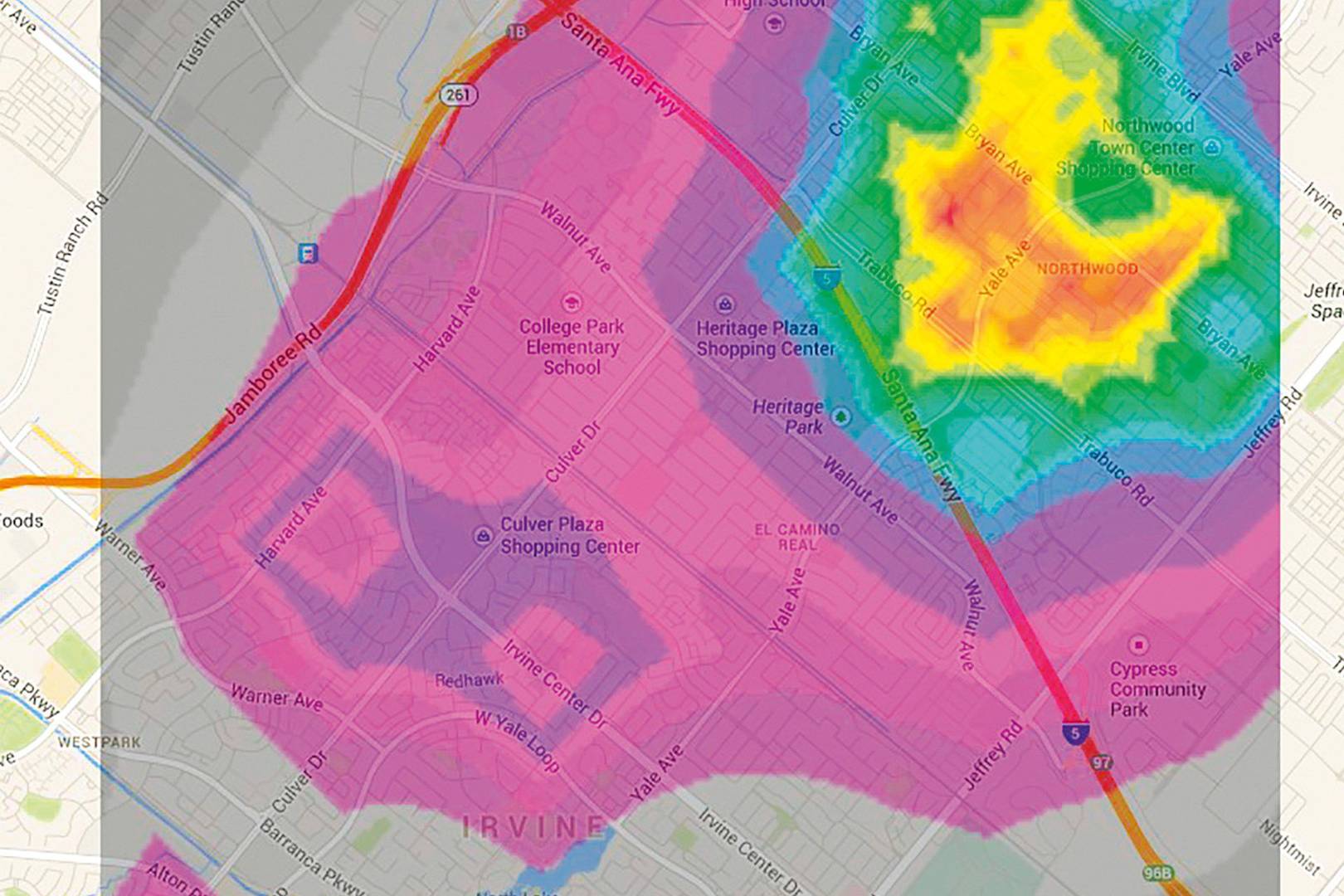News

APRIL 25, 2022
New article published on offender decision making
D. Kim Rossmo and Lucia Summers have just published an article about how offender decisions are not always fully explained by the rational choice perspective. Drawing from prospect theory and other approaches, and based on interviews with 200 prolific offenders across Texas, the authors illustrate how offenders often use cognitive shortcuts and even appear, at times, irrational.
Rossmo, D. K., & Summers, L. (2022). Uncertainty and heuristics in offender decision-making: Deviations from rational choice. Journal of Criminal Justice, 81. doi: 10.1016/j.jcrimjus.2022.101923

JULY 9, 2021
Dr. D. Kim Rossmo featured in Psychology Today
Dr. Kim Rossmo is featured in a story by Dr. Katherine Ramsland about how the psychology of place helps us understand killers and inform geographic profiling.

JUNE 6, 2020
Dr. D. Kim Rossmo discusses the concept of geographic profiling in podcast
Dr. D. Kim Rossmo offers an overview of geographic profiling in a 20-minute podcast offered by Circle of Insight Productions.

JUNE 5, 2020
START adapts Rossmo's geographic profiling method to counter CBRN threats
The National Consortium for the Study of Terrorism and Responses to Terrorism (START) is launching a project to fight chemical, biological, radiological, and/or nuclear (CBRN) threats. One of the three parts of this project involves the development of a geospatial risk mapping tool based on Dr. D. Kim Rossmo's geographic profiling method.

JANUARY 2020
Dr. D. Kim Rossmo publishes commentary on researchers' DNA analysis of shawl linked to Jack the Ripper case
Following the publication in the Journal of Forensic Sciences of an article by researchers Louhelainen and Miller claiming to have finally solved the Jack the Ripper case, Dr. D. Kim Rossmo challenges their findings in a commentary published in the same journal. According to Dr. Rossmo, the reported analysis of DNA recovered from a shawl believed to have been taken from the Catherine Eddowes murder scene, together with the researchers' associated assumptions, interpretations, and conclusions, are problematic for several reasons.
